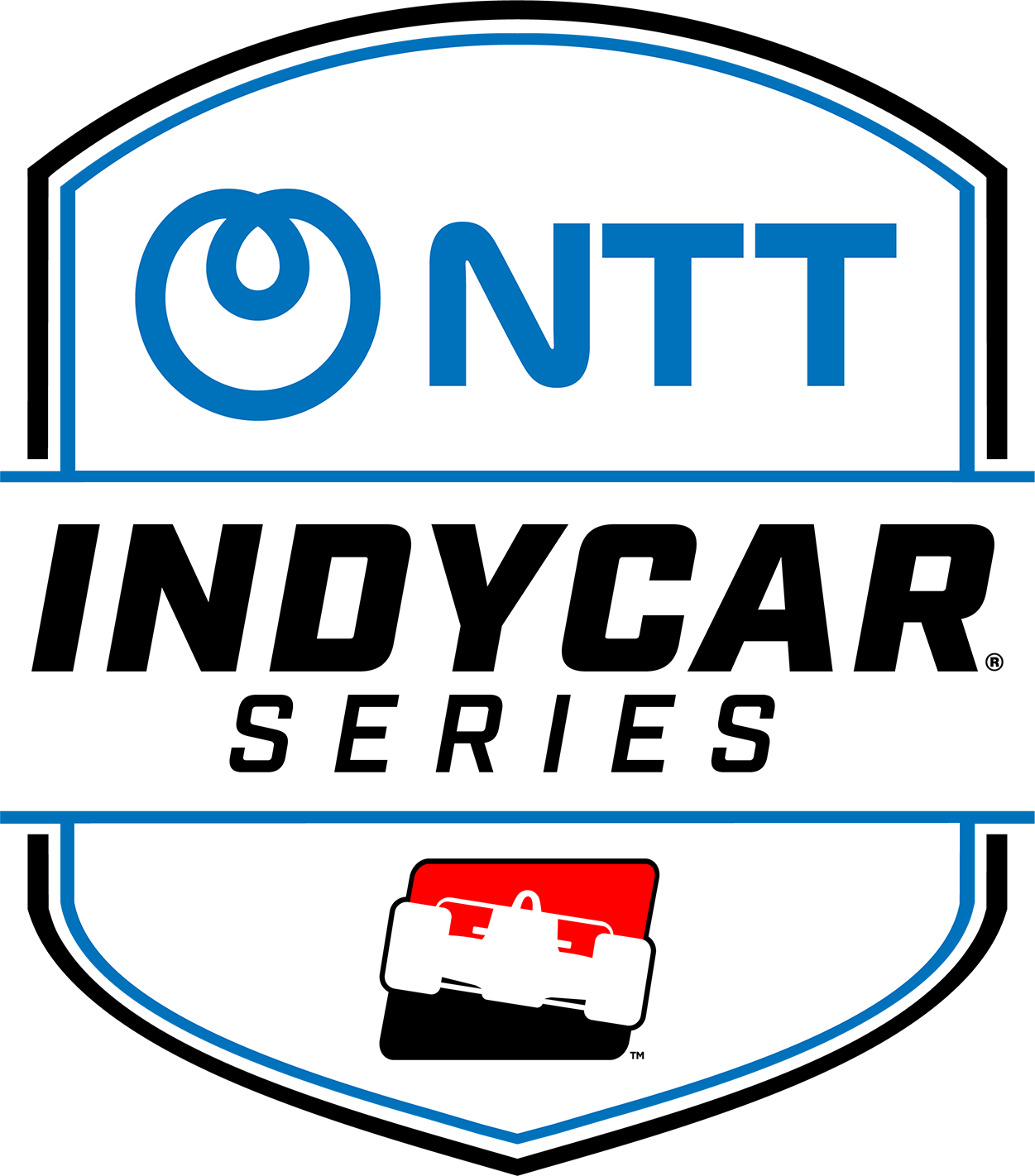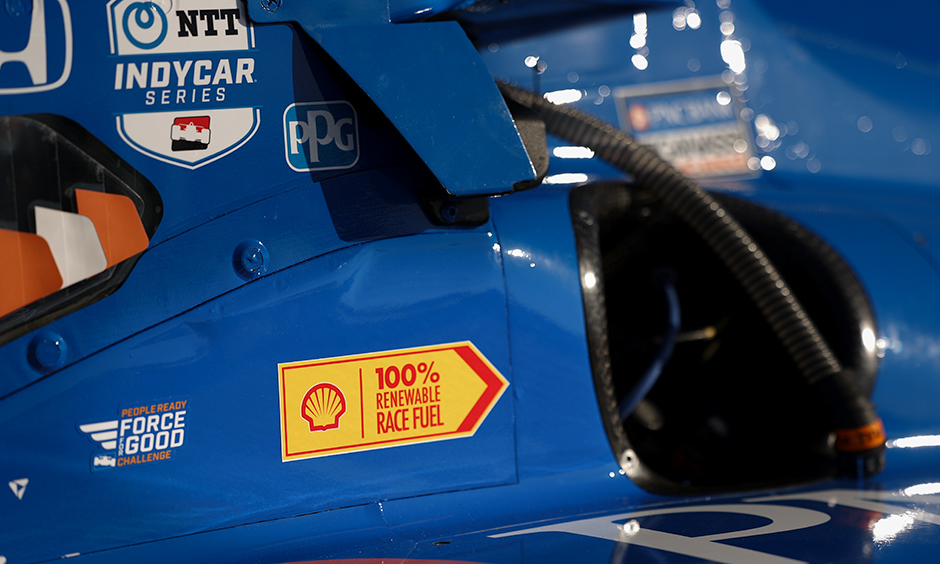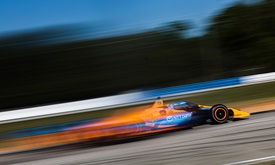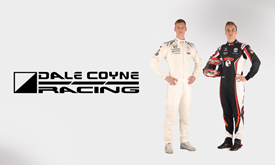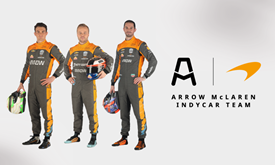Shell Proud To Power INDYCAR with 100% Renewable Race Fuel
FEB 27, 2023
The NTT INDYCAR SERIES ushered in a new era of sustainability in the open test Feb. 2-3 at The Thermal Club with the eagerly anticipated arrival of Shell 100% Renewable Race Fuel, advanced technology that will power the series’ race engines beginning with the 2023 season.
With the debut of the new fuel developed by Shell, the NTT INDYCAR SERIES becomes the first United States-based motorsports series to power racing with 100% renewable race fuel that enables at least 60% greenhouse gas emissions reduction compared to fossil-based gasoline.
The second-generation ethanol, derived from the waste portion of sugarcane, is sourced from Brazil. The product is part of a joint venture between Shell and Cosan, with Raízen, Brazil’s second-largest fuel distribution company, playing a critical role as the leading manufacturer of sugarcane ethanol in the country and the largest individual sugar exporter in the world.
“Shell’s 100% Renewable Race Fuel powering all competing vehicles in the INDYCAR SERIES in 2023 contains a significant mix of second-generation ethanol combined with another renewable component to create the 100% renewable formulation that will reduce the greenhouse gas emissions by at least 60 percent compared to fossil-based gasoline,” said Bassem Kheireddin, Shell technology manager of motorsports. “We are very proud to bring it to the series, and it's a step to decarbonize motorsport.”
A process that took a little over a year to develop came as part of the recently announced extension of a multiyear agreement between Shell and the Penske Corporation. Penske Entertainment, a subsidiary of Penske Corporation, owns INDYCAR and the Indianapolis Motor Speedway.
Working together with INDYCAR engine suppliers Chevrolet and Honda, the Shell 100% Renewable Race Fuel can meet the demands of a race weekend without any changes in performance.
For Kheireddin, watching 27 drivers be powered by the new sustainable fuel take to the 3.067-mile, 17-turn natural terrain road course just outside Coachella Valley in Thermal, California, was a proud moment. There were a total of 7,851.52 miles (2,560 laps) logged during the two days of testing.
“This test was very important to see for the first time in action on the racetrack,” he said. “Shell uses motorsports as a proving ground for pushing the boundaries of fuels technology, and this 100% Renewable Race Fuel is now in action. We're not seeing anything different from the racing perspective, and neither will fans.”
While the Shell 100% Renewable Race Fuel is a massive step forward in both sustainability and technology, the plan for Shell is to continue to press forward and be one step ahead of an ever-changing world.
“It’s in Shell’s DNA to innovate, and we believe the racetrack is a proving ground from the high speeds, the high temperatures, the extreme conditions,” Kheireddin said. “And then we take those learnings to transfer them to our road-going products. Now, as far as what's next for this particular fuel, that will depend on what the INDYCAR SERIES plans for the future. We will continue to innovate and work hand in hand with the engine manufacturers with whatever sustainability initiatives come along the way.
“We at Shell are very excited to see how this journey unfolded from taking fuel innovation from the lab to the dyno test to the track.”
The 2023 season starts March 3-5 with the Firestone Grand Prix of St. Petersburg presented by RP Funding on the streets of St. Petersburg, Florida. Live coverage of the race will be available at noon ET Sunday, March 5 on NBC, Peacock, Telemundo Deportes on Universo and the INDYCAR Radio Network.
